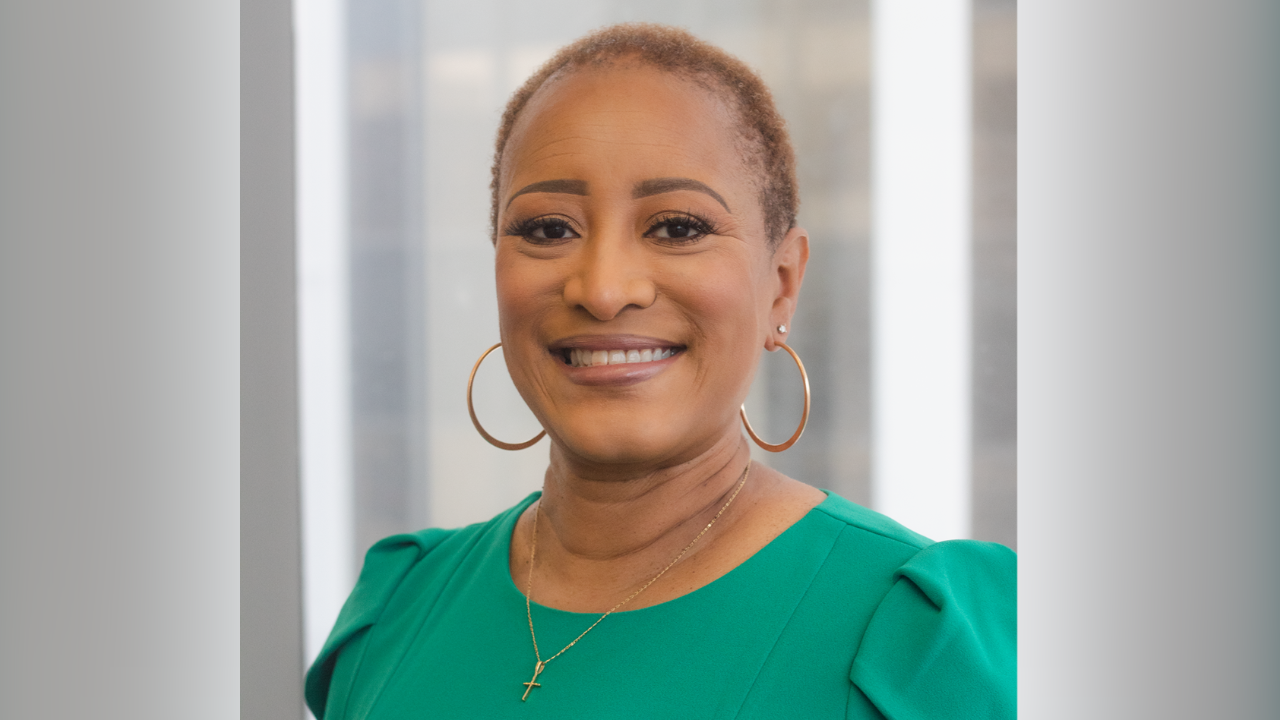In her words: Bennetta Horne talks about her new role at Tulane School of Medicine
Bennetta Horne, MS, has built her career on seeing the possibilities. She’s helped countless students make their dreams about attending university and medical school become realities. Horne was recently named the Assistant Dean for Equity, Diversity and Inclusion and she’s also director of the Office of Multicultural Affairs at Tulane University School of Medicine. In her own words below, Horne talks about her new role and the possibilities she sees at the School of Medicine.
What experiences in your life and career have led you to this particular role?
I have an affinity for young people and an affinity for students: so whether that's in my work, in the organizations I belong to, or at my church, I like to be around young people. I think it’s because young people keep me young. I tend to like them, and they tend to like me -- so I have evolved into this person that likes to help them reach their goals. I've been fortunate enough to have worked at a couple of institutions and in a few departments where I’ve had a role in exposing underrepresented students to possible career paths, at first it was the PhD programs, and now it's the MD program. That's really fulfilling. It takes it away from being “work”, because I’m fortunate enough to get to help young people reach their goals. I had initially become a true student champion, and that has since kind of migrated even further into also helping faculty, residents, staff and more.
How does that ability to help people reach their goals help with equity, diversity and inclusion?
Sometimes you just need to show people the possibilities of what can be. I try to emphasize that a lot, not just for underrepresented students, but for people who aren't underrepresented. The message is simple: there's a role you can play, there’s a way for you to be involved. I don't ever want someone who's not underrepresented to think, okay, there's no place for me or no work for me in the OMA office or working on this initiative. We need allies, we need bystanders, we need upstanders, we need all those things. It makes everybody's experience better. It's scientifically proven that if you work, study, worship, or socialize with people who are different from you, the experience is better. That's science. That's in papers people have published on this. Showing people the possibilities can also take some defenses down. Because I know that sometimes when you talk about EDI issues, people feel like, “Well, where's the room for me? Especially if I'm not underrepresented?” Trust me - There's room for us all.
What are you excited about in this new position?
I think it's going to provide me with the opportunity to work on things I'm really passionate about with people who are like-minded. I've worked for Tulane for almost 20 years, and I've always just had the good luck of having good, supportive administrators. And when I came to the med school it was - we want to invest, we want to put our money and our resources and our people where our mouth is, and we want to do this work. Yes, not only because we have to do it -- but also, because it's the right thing to do. I think the role of Asst. Dean for EDI gives me the opportunity to expand my reach of how we can make this the place that we want it to be, and a place that we can really be proud of. Tulane has always been an easy place for me to work and I think I'm getting back so much more than I'm putting into it. And I’m surrounded by people who are appreciating it, and kind of jumping in and doing the work themselves, and then turning around and saying, “Okay, how can we do more?”

